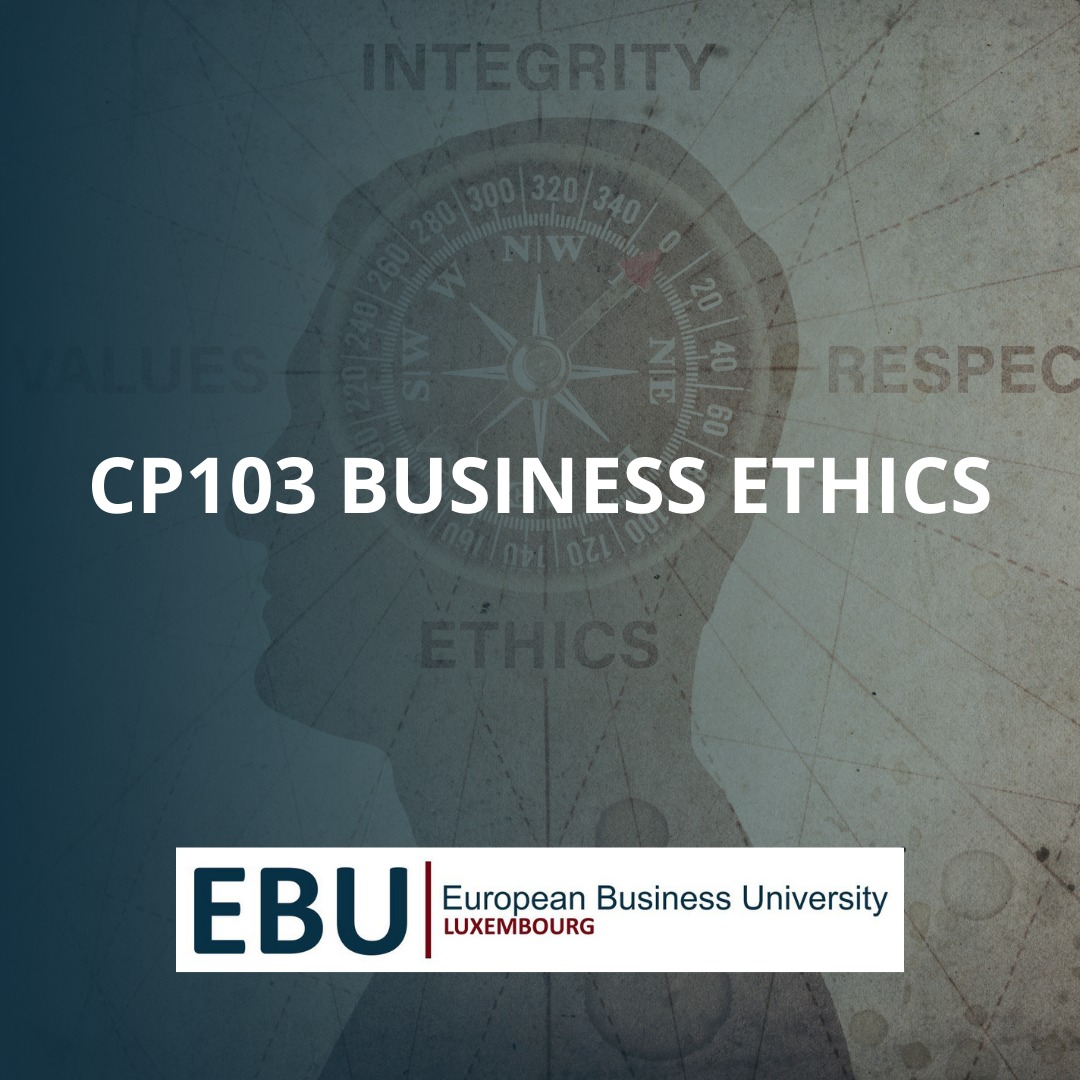
The course is an introduction to Financial Accounting techniques and underlying principles. The students will learn to record the most common transactions (accounting event, journal entry, use of accounts) and prepare simple financial statements (balance sheet and income statement). Further analysis of major balance sheet accounts and accounting techniques will allow the students to optimize the use of accounting information in business decisions.
- Teacher: Mamta Dagar

- Teacher: Florjana Lleshi

The objective of this course is to identify and demonstrate the nature and importance of female
leadership. This course will start with discussions on various leadership theories as well as the
leadership development, success of female leaders and what it means when a leader needs to be a
good follower. This class will host 5 female guest speakers coming from various leadership
backgrounds. The students will explore the character, personal attributes, and behaviours of effective
female leaders.
- Teacher: Julija Trosic

PRIOR PROGRAMMING EXPERIENCE IS RECOMMENDED, eg PYTHON, JAVA, C++
Students will develop their functional programming skills in the languages Haskell and Plutus. This will help make them competent smart contract programmers; adept at changing the world through the creation of new systems and decentralised applications in the Cardano Ecosystem. The course opens a door of opportunity to work in the early development of Cardano; the fastest growing Cryptocurrency. Which aims to bank the unbanked and create new financial systems for emerging world markets.
The course will teach you the core principles of how to code in both Haskell and Plutus. Modules will cover the building blocks of Haskell and Plutus, including functions and data types, type classes, monads, template Haskell, using the Plutus Playground, The Marlowe Playground, the Extended UTXO model, working with Plutus on and off the chain, minting policies, state machines, the Plutus application framework, as well as case studies and practical exercises.
Prerequisites: While you do not need to be an expert in formal methods, programming experience and a general aptitude for logical and mathematical thinking are highly desirable.
PS: Taking the Plutus/Haskell course leads to potential internships through being connected with companies to develop smart contracts.
- Teacher: Ernest Musyoki

The course provides a comprehensive introduction to ethical considerations in business.
Students are enabled to develop a deeper understanding of how to act responsibly towards all business stakeholders while, at the same time, not neglecting the firm‘s profitability. Students are encouraged to gain awareness of the interconnectedness of organizations and nations in a globalized world and how their actions as managers will affect different stakeholders, nations and the world as a whole.
- Teacher: Cristina Escallon

This course provides a survey of the business world. Students will achieve an understanding of the basic principles and practices of contemporary business. Upon completion, students should be able to demonstrate an understanding of business concepts as a foundation for studying other business subjects. The course covers the following topics: The Environment of Business; Business Ownership and Entrepreneurship; Management and Organization; Human Resources; Marketing; Finance and Investment.
- Teacher: Anxhelino Todi

The course is an introduction to Financial Accounting techniques and underlying principles. The students will learn to record the most common transactions (accounting event, journal entry, use of accounts) and prepare simple financial statements (balance sheet and income statement). Further analysis of major balance sheet accounts and accounting techniques will allow the students to optimize the use of accounting information in business decisions.
- Teacher: Maria Cristina Torrado

This course provides a survey of the business world. Students will achieve an understanding of the basic principles and practices of contemporary business. Upon completion, students should be able to demonstrate an understanding of business concepts as a foundation for studying other business subjects. The course covers the following topics: The Environment of Business; Business Ownership and Entrepreneurship; Management and Organization; Human Resources; Marketing; Finance and Investment.
- Teacher: Julija Trosic
